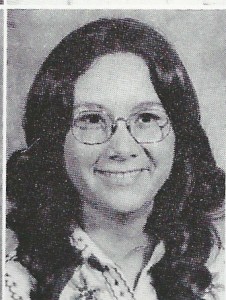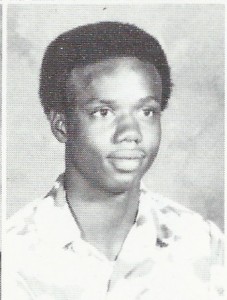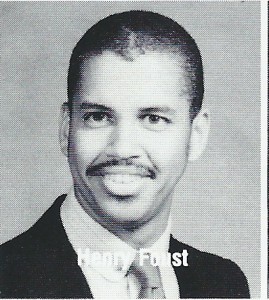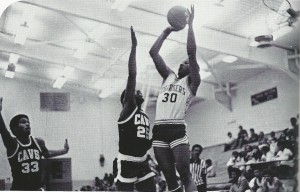
To a lot of Northwood students, it feels like the school has been around forever. This year, students and staff alike take a look back as Northwood celebrates its 40th anniversary.
The school opened in 1972 to replace the white Pittsboro High School and black Horton High School. Schools in Chatham County became integrated the year before, and Northwood was built to accommodate both the black and white student populations.
The school has grown since then, with the addition of the pods, trailers, and arts wing. It has seen fashions go out of style and come back in, and it has seen 39 classes of seniors graduate.
Henry Foust began teaching Spanish at Northwood in the fall of 1984. As the teacher who has been here the third longest, behind Dave Pendergrast and Sharon Mercer, he has seen a lot of changes go by.
“I don’t think most students realize how good of a situation we have here at Northwood. It’s never been a bad school, [but] we’ve had years where it’s been rougher,” Foust said. “It really is a good place to be.”
A handful of faculty and staff that graduated from Northwood now roam the halls once again. Lead janitor James Harris is one such staff member. He found the shift in discipline over the years to be particularly noticeable.
“Back in those days if you got in trouble you would go to the principal’s office and you had a choice—you could go home for three days or you could get three licks from the paddle,” Harris said. “They would whack you pretty good.”

Another striking change is the addition of a smoking ban.
“Behind the cafeteria was the smoking area,” Harris said. “Kids could smoke.”
Wanda Kidd, the school’s receptionist, is also an alumna.
“I was an office assistant [when I was a student],” Kidd said. “I actually did what I do [now].”
Both Foust and Kidd expressed concerns about the spread of technology and the impact that has on education.
“Students [now] have so much they can do that I think school becomes secondary.… There were a lot less distractions,” Foust said. “Academics sometimes seems to get lost in the shuffle.”
Kidd points to cell phones as a major difference between students of yesterday and students of today.
“[Cell phones] are such a distraction,” Kidd said. “It’s just a much more lenient world.”
As for the next 40 years at Northwood, no one can say for sure what will happen.
“I think it’s almost impossible to tell [how the school will change],” Foust said. “I don’t think that people imagined some of the things that are happening now.”
Kidd thinks that technology will continue to improve and change the way lessons are taught.
“Everything’s changing,” Kidd said. “I’ll be surprised if they even need teachers after a while.”

Harris also thinks improvements in technology will change the school.
“Instead of having an instructor right there in front of you, you’ll be watching them on T.V.,” Harris said.
The staff seems to agree that it is the people that form the history of the school.
“Slowly but surely I think we are building more of a sense of tradition and belonging to Northwood,” Foust said. “In the last 10 years we have had significant numbers of students whose parents also went to Northwood… They have some of the same teachers that their parents had. They look at some of the activities their parents did and they’re doing the same things. There is a lot more involvement and I think that will grow.”
When Harris cleans the school over the summer, he sees firsthand how different the building is without students.
“Without the kids this is no building,” Harris said. “It’s a dead building; it’s useless.”
–By Frances Beroset

